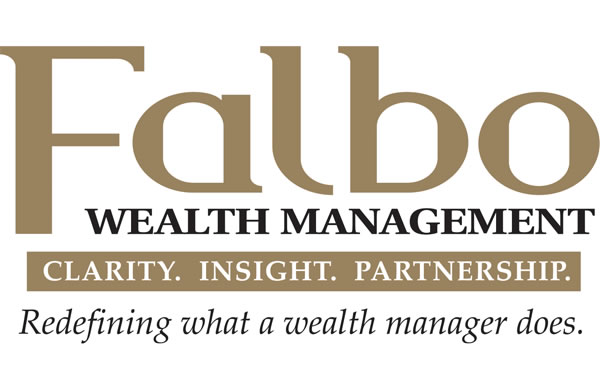Aaron and Monica Sector were approaching the point where Aaron could walk away from his company with a reasonable pension. Monica, an elementary school teacher, still had five years left before she joined her husband “in retirement.” The Sectors had been caught up in the task of raising a family, juggling careers, and trying to “stay ahead.”
Our discussions often turned to retirement planning and how Aaron and Monica were on track financially to “never have to work again.” They felt that if they could just free up their time, they could spend as much time as they wanted to pursue the things that made them happy. “I can hardly wait until I can wake up and know that I don’t have to get to class,” Monica told me one day.
I asked her what she would do instead. “Well, we certainly are going to spend more time hiking, and I have always wanted to focus on my garden.” “What do you think that a week of your retirement will actually look like ten years from now?” I asked. “I am not really sure,” she replied, “but we will have plenty of time to figure that out when I quit teaching!”
It struck me that the Sector’s “retirement plan” was based on being able to pursue activities that they like to do today. They hadn’t considered how they were going to feel about their new life and what it was that was really important to them. And, their “plan” was to figure it out “on the fly.”
In thinking about my clients, I realized that many of them had similar views of the future: a fuzzy picture, an idea that they will all have all of the time in the world to figure it out, and a belief that the only thing missing from having a perfect retirement life was having the necessary time to pursue hobbies and leisure activities.
Define Your Retirement in Clear Terms
Sometimes we find it hard to visualize what life will be like when we’re not weighed down with the responsibilities of a full-time job. After all, a huge portion of our focus, energy, and thought is devoted to making our career a success. Push yourself to think about what retirement might look like by asking yourself these questions:
- What does “being retired” mean to you?
- What would an average week in retirement look like, five years from now?
- What challenges do you see along the way?
- What fears do you have about this next phase of life?
- What would you like to accomplish for yourself?
- What gets you out of bed each morning?
If you are going to make a commitment to live each day to its fullest, you will want to define what that means. Here are some guiding questions to get you thinking:
What gets you out of bed in the morning?
If you’ve made the commitment to challenge yourself to do new things or to learn new things, what kinds of challenges will make you feel good about who you are?
What gives meaning and purpose to your life?
When you assess and claim your values and sense of purpose for the future, you move towards happiness—and seize the opportunity to leave a meaningful personal legacy. The key is aligning your personal purpose, vision, and values with the activities and goals you choose to act on. With this alignment, your achievements will bring you real happiness—quite a different feeling from working to satisfy someone else’s value system.
After all, it is real happiness that we all want!
My goal is to help you use your financial resources to create the life you want. Your job is to think about the things I mentioned in this article and to be prepared to share them with me when we next speak.
Joseph F. Falbo, CFP®, AIF®, CRC® is an independent LPL financial advisor that helps grow and preserve clients’ wealth using cutting edge, customized, and comprehensive strategies. With over two decades of experience, Joe helps clients to pursue and retain the lifestyle they want in retirement. To discuss your retirement goals or any financial topic you want, schedule a 20-minute complimentary call. To learn more about Joe, please visit falbowealth.com.
The opinions voiced in this material are for general information only and are not intended to provide specific advice or recommendations for any individual.
Certified Retirement Counselor (CRC) conferred by InFRE®
